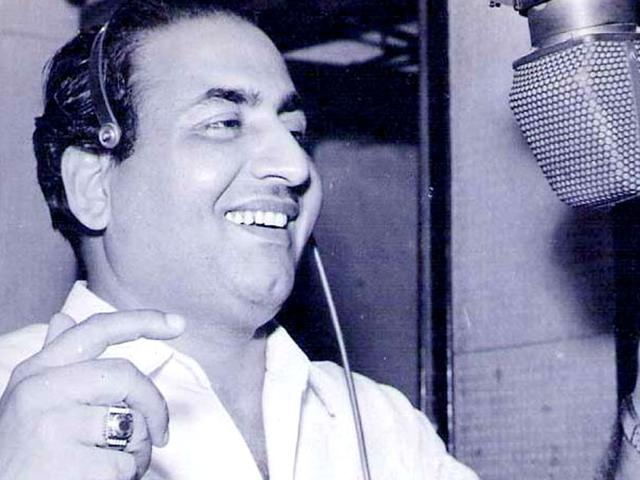
The fact that the Persians had just a few years previously (614 CE) captured the Land of Israel from the Eastern Roman Empire may, in the rabbi’s mind, have stimulated this belief. Isaiah refers to this non-Jewish king as God’s “shepherd,” and as the Lord’s “Anointed,” who was destined to facilitate the divine plan. The Persian King Cyrus, is mentioned twenty-three times in the literature of the books of the Hebrew Bible. Perhaps Rabbi Mukhayriq believed that Prophet Muhammad was not only a Prophet, but was also one of God’s Anointed (a messiah) who with his Arab followers would enable and facilitate the Jewish people’s return to the land of Israel as was predicted in the Bible just as the Persian King Cyrus the Great who is called one of God’s Anointed by Prophet Isaiah (45:1 ) had enabled and facilitated the return of Jews to Israel eleven centuries earlier. But, why did Rabbi Mukhayriq give such extraordinary life risking support to Prophet Muhammad? And how could Rabbi Mukhayriq think the verse applied to Muhammad: when it clearly refers to “a prophet like me (Musa)” “from your fellow Israelites”. Thus, this unorthodox rabbi viewed fighting alongside Muhammad as his personal voluntary fight in support of monotheism. The last verse Rabbi Mukhayriq may have applied to Prophet Muhammad. You must listen to him.” (Deuteronomy 18:9-15) The Lord, your God, will raise up for you a prophet like me from among you, from your fellow Israelites. But as for you, the Lord, your God, has not permitted you to do so. The nations you will dispossess listen to those who practice sorcery or divination. You must be blameless before the Lord, your God. Let no one be found among you who sacrifices their son or daughter in the fire, who practices divination or sorcery, interprets omens, engages in witchcraft, or casts spells, or who is a medium or spiritist or who consults the dead. Anyone who does these things is detestable to the Lord because of these same detestable practices the Lord, your God, will drive out those nations before you. “When you enter the land the Lord your God is giving you, do not learn to imitate the detestable ways of the nations there.

The Arabs were extremely immersed in superstitious beliefs and activities like Tatayyur (belief in omens), Tanjeem (astrology), Tabarruk (seeking blessing from objects) and Kahanah (soothsaying) that had been condemned by Allah 1,800 years before in the Torah of Musa: Rabbi Mukhayriq also believed that Prophet Muhammad’s total rejection of polytheism would someday lead to the destruction of the 360 idols housed in the Ka’bah and other polytheistic practices of Jahiliyyah would receive similar treatment. He also knew Prophet Muhammad had told his Muslim followers to pray facing north toward the site of Solomon’s Temple, although this was later changed to facing south towards Mecca. He must have seen Muhammad as a Prophet of the One God.

When Muhammad, who was seriously injured in that same battle, was informed about the death of Rabbi Mukhayriq, Muhammad said, “He was the best of Jews.” Mukhayriq did indeed die that day in battle against the Makkans. Rabbi Mukhayriq chastised the men of his congregation for not understanding the deeper meaning of what was happening and announced that if he died in the battle, his entire wealth should go to Muhammad. A war of defence, which is obligatory for all Jewish adult men, and all other wars, which are voluntary.

WHEN DID MUHAMMAD RAFI DIE CODE
The Mishnah, the first legal code (Fiqh) of the oral rabbinic Torah states that there are two types of war. The Torah (Deuteronomy 20:8-10) says: Jewish men who are afraid or disheartened (by thoughts of fighting on the Sabbath) should be told to go home.


 0 kommentar(er)
0 kommentar(er)
